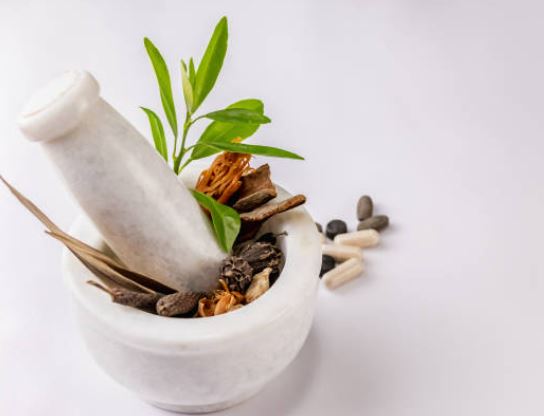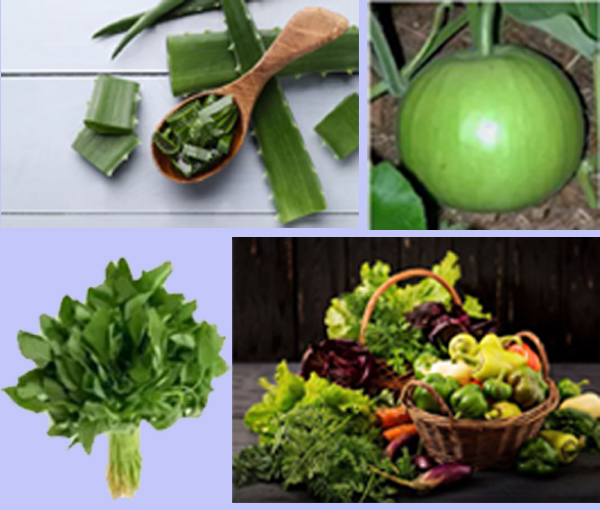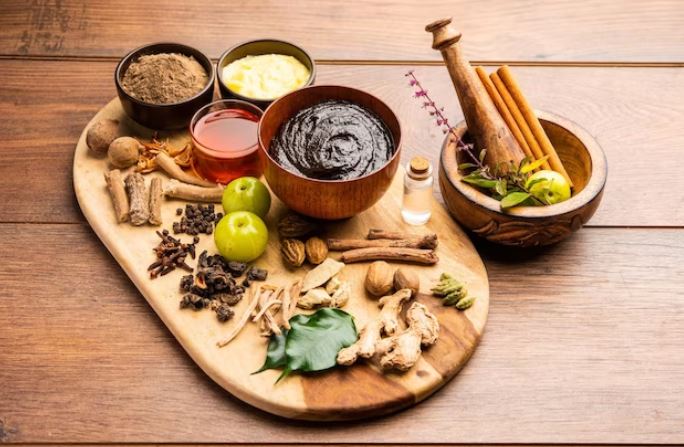Effective Ayurvedic Treatments: Natural Remedies for Better Health
During the rainy season, the body is prone to developing imbalances in the Vata dosha due to the release of Pitta. According to renowned Ayurvedic practitioners and the President of the Ayurveda World Council, Vaidya Raj Acharya Prabhakar Mishra, it is important to follow dietary precautions to prevent these imbalances.
Welcome to the world of Ayurveda – an ancient system of medicine that has been practiced in India for thousands of years. Ayurveda is based on the principle that health is a balance between mind, body, and spirit. It emphasizes the use of natural remedies to help maintain this balance and promote overall well-being.
Ayurvedic treatments are effective in treating a wide range of health conditions, from common ailments like headaches and indigestion to more complex diseases like diabetes and cancer. The beauty of Ayurveda is that it doesn’t just treat the symptoms of a disease, but it addresses the root cause, which leads to long-term healing and prevention of recurrence.

One of the most important aspects of Ayurveda is its focus on using natural remedies. These remedies are derived from plants, herbs, and minerals that are easily available in nature. They are free from harmful chemicals and side effects, making them safe and effective for people of all ages.
What not to consume:
1. Aggravation of Vata dosha (The outbreak of Vata i.e. air increases blood disorder

s), which represents air, increases the risk of blood disorders. This can lead to the possibility of fevers like chikungunya, typhoid, and dengue, along with itching and constipation. Therefore, Ayurveda recommends avoiding foods that increase Vata dosha during this season.
2. Do not consume vegetables like okra, colocasia, potatoes, and jackfruit as they can cause itching. If itching occurs, drink one or two teaspoons of Manjishtha Ark or powder with water.
3. Avoid consuming yogurt and oily foods as they are difficult to digest. Also, avoid consuming hot and spicy foods.
What to consume:
To avoid these diseases, include vegetables like bottle gourd, ridge gourd, and aloe vera in your diet.

Aloe vera is very beneficial. Also, consume bathua, bottle gourd, and other green vegetables as they are easy to digest and beneficial.
Medicines –
1. Due to the outbreak of air in the body, pain, stiffness, arthritis, and back problems arise. A little caution can protect you from diseases such as dengue, chikungunya, and typhoid in this season. When air increases in the body, blood circulation decreases. The heat inside the body remains the same, and the person gets a fever.
2. As arthritis increases in the body, joint pain begins. This happens when uric acid accumulates in the joints of various parts of the body. This causes swelling in the feet, which causes joint pain. Ashwagandha is very helpful in this. If you are taking its pills, take three and if you are taking the powder, keep only one spoonful. Keep this dosage of Ashwagandha in mind and take it with warm water or milk. Take it after a meal.

3. Stomach disorders are considered the root cause of many health problems. Mandagni disease occurs due to weakened liver function, which weakens the digestive system and leads to many other diseases. To prevent this, it is necessary to consume amla juice, murabba, powder, or pickle in your diet. Amla does not allow blood to clot in the body, which prevents stomach disorders. Bathua is also very effective in keeping the stomach healthy during the rainy season.

4. If these diseases are not improving, then whenever you eat, take hingwashtak churna at the same time. Take it in between meals, not before or after. This will help maintain proper digestion.
Read Also: What are the herbal remedies for pregnancy constipation?
To know more about it: Click here









